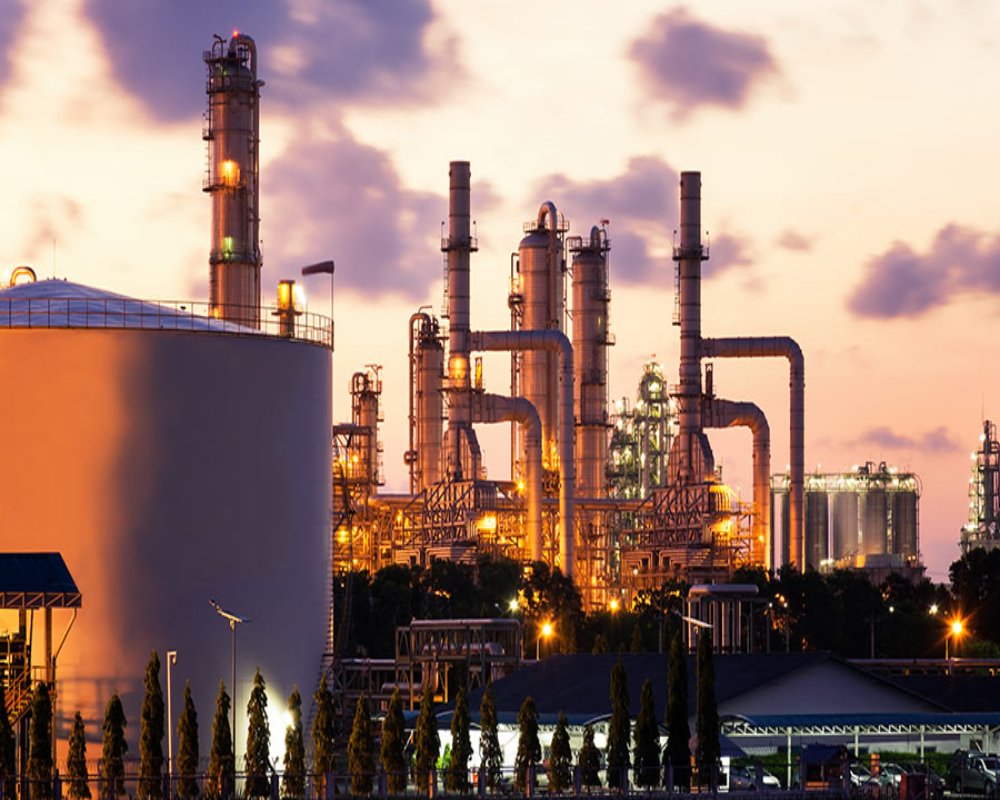Labor market factors play a pivotal role in the success of niche manufacturing and specialized processing operations. These operations often rely on highly skilled labor, flexible staffing, and industry-specific expertise. Ensuring alignment between workforce availability and operational needs is essential for efficiency, productivity, and long-term sustainability. 1. Skill Availability and...
Industrial Investment
The transportation of oversized loads or heavy industrial equipment requires specialized infrastructure to ensure safety, efficiency, and regulatory compliance. This infrastructure must accommodate the unique size, weight, and mobility challenges posed by such equipment, often involving multi-modal logistics and route-specific planning. 1. Heavy-Duty Road Networks Designated Industrial Corridors:...
For the installation and long-term performance of large-scale equipment or specialized industrial machinery, selecting the right topography and soil conditions is critical. These factors influence structural stability, vibration isolation, load distribution, and overall operational safety. Below are the key conditions and engineering considerations required. 1. Topographical Requirements Level...
Specialized industrial zoning—such as for chemical plants, heavy manufacturing, refineries, or hazardous waste processing—requires rigorous environmental impact reviews (EIRs) before land use approvals and operational permits are granted. These reviews assess how proposed industrial activities will affect the environment and surrounding communities, ensuring compliance with national regulations and...
Heavy industrial processes are subject to strict mandates concerning noise, vibration, and emissions to ensure environmental protection and worker safety. These buffers are prescribed through national regulations, local zoning laws, and international standards, and they apply to site planning, equipment design, and operational controls. 1. Noise Control Buffers Permissible Limits: Noise levels are...
When storing hazardous materials or operating chemical storage facilities, stringent fire safety standards are essential to prevent accidents and ensure compliance with legal requirements. These standards are typically based on national codes and industry best practices, focusing on prevention, containment, and response strategies. Below are five key areas that define the fire safety standards applicable...
Utility capacities for specialized industrial operations depend on the nature, scale, and sensitivity of the processes involved. Whether you're developing a site for electronics manufacturing, pharmaceuticals, logistics, or heavy industry, the baseline and scalable capacities of utilities like power, water, sewage, and telecom are essential for regulatory approval, operational efficiency, and tenant...
Zoning classifications define what types of land uses are legally permitted within a given geographic area. For specialized industrial uses, such as logistics parks, heavy manufacturing, pharmaceuticals, or electronics assembly, targeted zoning is essential to ensure regulatory compliance, environmental clearance, and infrastructure provisioning. Below are five common zoning classifications (and their...
Tax Increment Financing (TIF) and Infrastructure Districts are powerful public finance tools that help fund infrastructure and site development by leveraging future tax revenues. These mechanisms are designed to attract private investment in designated industrial or redevelopment zones by offsetting upfront capital costs. In India and many emerging markets, similar models are evolving under public-private...
Infrastructure gaps are critical barriers that can delay immediate construction readiness on an industrial site. These gaps affect not only compliance and cost planning but also influence how quickly a developer or industrial user can begin operations. Identifying and addressing these issues upfront is essential for project success. Below are five major categories of infrastructure deficiencies that...










